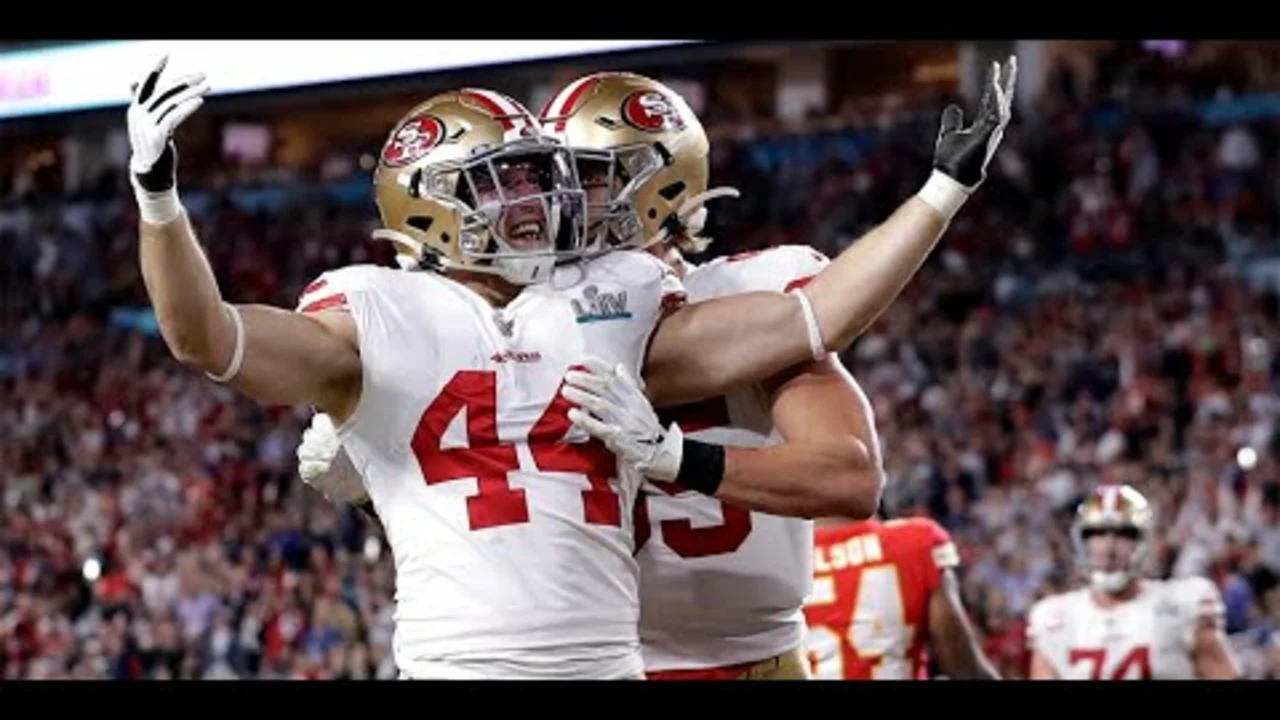US Super Bowl: The Game that Defines America
When you hear US Super Bowl, the annual championship game that caps off the National Football League season. Also known as Super Bowl Sunday, it brings together sport, music, and massive fan parties.NFL the professional league that organizes the championship powers the event, while Halftime Show the high‑profile musical performance that draws millions adds pop‑culture sparkle. The Sports Broadcasting the network infrastructure that streams the game to over 100 million homes turns a football match into a national holiday. This blend of sport, entertainment and tech makes the US Super Bowl a unique cultural phenomenon.
Why does the Super Bowl matter beyond the final score? First, it is the climax of the NFL championship cycle, where the two best teams battle for the Vince Lombardi Trophy. Second, the event fuels the American Football Culture the traditions, fan rituals, and community gatherings surrounding the sport. From tailgate grills to fantasy‑league bragging rights, the Super Bowl shapes how millions talk about football all year long. Third, the massive advertising spend—over $5 million for a 30‑second spot—shows how brands leverage the game's reach, linking commerce directly to the sport's excitement.
From College Fields to the Big Stage
The ripple effect of the Super Bowl reaches the College Football Playoff the postseason tournament that decides the national champion in college football. College teams often ride the wave of Super Bowl hype, seeing spikes in enrollment applications and merchandise sales. Moreover, many Super Bowl coaches and analysts are former college coaches who bring strategic insights from the collegiate level to the pro arena. This crossover creates a feedback loop: a thrilling Super Bowl boosts interest in college games, and a strong college season builds talent pipelines for the NFL, keeping the sport fresh and competitive.
Fans also watch how the Super Bowl influences Football Merchandise the apparel, memorabilia, and collectibles sold around the event. Limited‑edition jerseys, team‑branded sneakers, and even commemorative helmets often debut on Super Bowl night, turning the game into a massive retail moment. The surge in sales fuels local economies, from stadium vendors to online retailers, and signals which teams have the strongest national fan bases.
Another key piece of the puzzle is the role of Halftime Show the musical spectacle that draws viewers who might not watch the game. The show's star power can boost overall ratings by up to 10 percent, making it a strategic platform for artists and advertisers alike. The choreography, staging, and surprise guest appearances become talking points on social media for days, extending the Super Bowl's lifespan beyond the final whistle.
Technology also drives the Super Bowl experience. Advanced Sports Broadcasting high‑definition, multi‑camera, and real‑time analytics that bring the game to living rooms allows fans to choose alternate camera angles, view player stats instantly, and even interact via second‑screen apps. This immersive approach keeps younger viewers engaged and sets a new standard for live sports entertainment.
All these elements—NFL competition, halftime flair, broadcast innovation, college ties, and merch frenzy—create a tightly woven ecosystem. The US Super Bowl doesn’t just end a season; it launches a year‑long conversation about football’s place in American life. Below you’ll find a curated collection of articles that dive deeper into the game’s stats, halftime performances, broadcast breakthroughs, and the way the Super Bowl shapes college football playoffs and fan culture. Keep reading to discover the stories that make the Super Bowl more than a game—it’s a cultural touchstone.
What do non Americans think of US Super Bowl?
From my conversations and research, it seems that non-Americans have mixed feelings about the US Super Bowl. Many are fascinated by the sheer spectacle and entertainment value, especially the half-time show and the commercials. However, the actual game of American football can be confusing to them due to its complex rules. Some also feel it is overly commercial and indulgent. Yet, the Super Bowl's global impact is undeniable, contributing to its intrigue and drawing international viewership.


